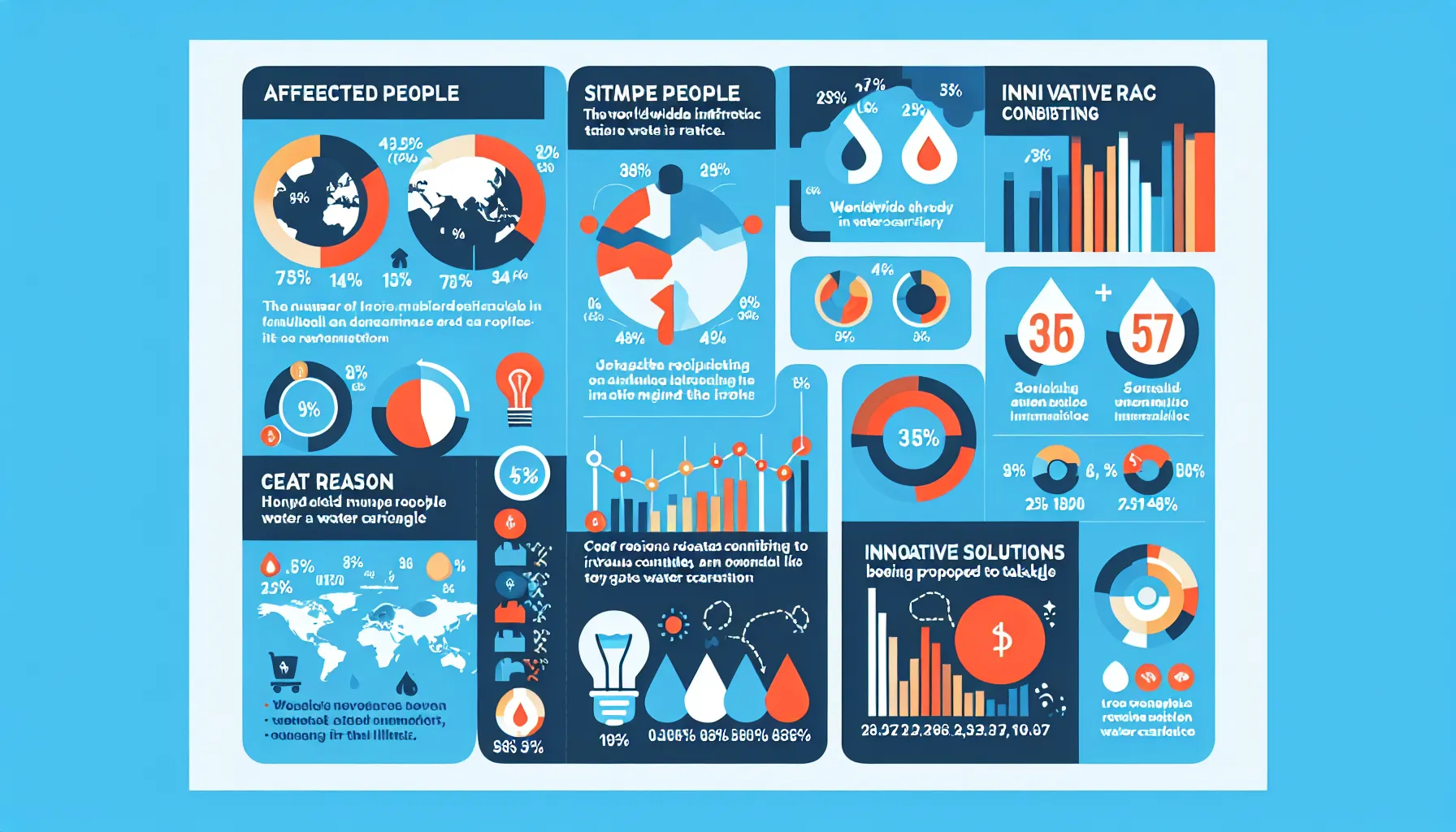In recent years, the topic of “promoting ethical businesses” has gained significant attention in IELTS Writing Task 2 examinations. This trend reflects the growing global concern for corporate social responsibility and sustainable business practices. As an experienced IELTS instructor, I’ve observed this theme appearing with increasing frequency, and I predict it will continue to be a popular subject in future tests. Let’s explore this topic through sample essays and in-depth analysis.
Nội dung bài viết
Analyzing the Essay Question
Let’s consider the following IELTS Writing Task 2 question:
Some people believe that businesses should be required by law to act ethically, while others think this should be a voluntary decision. Discuss both views and give your own opinion.
This question touches on the core debate surrounding ethical business practices: should they be mandated or left to the discretion of individual companies? It’s a complex issue that allows candidates to showcase their critical thinking and argumentation skills.
Sample Essays for Different Band Scores
Band 8-9 Essay
In today’s globalized economy, the ethical conduct of businesses has become a topic of intense debate. While some advocate for legal mandates to ensure ethical behavior, others argue that such decisions should be left to the companies themselves. This essay will examine both perspectives before presenting my own viewpoint.
Those in favor of legally enforced ethical standards argue that without such regulations, many businesses would prioritize profits over moral considerations. They point to historical examples of corporate malfeasance, from environmental disasters to labor exploitation, as evidence that companies cannot be trusted to self-regulate. Proponents of this view believe that clear legal guidelines would create a level playing field, ensuring that ethical companies are not disadvantaged by competitors willing to cut corners.
On the other hand, advocates for voluntary ethical practices contend that true corporate responsibility can only emerge from genuine commitment rather than legal coercion. They argue that businesses should have the freedom to develop their own ethical frameworks, which can be more comprehensive and innovative than one-size-fits-all legal requirements. Moreover, they suggest that market forces, such as consumer preferences for ethical products, can effectively incentivize good behavior without government intervention.
In my opinion, while I recognize the merits of both arguments, I believe a balanced approach is necessary. Certain fundamental ethical standards, such as environmental protection and worker safety, should indeed be enshrined in law to prevent egregious violations. However, beyond these basic requirements, businesses should be encouraged to voluntarily exceed minimum standards. This approach would provide a safety net of ethical conduct while still allowing companies to differentiate themselves through superior moral practices.
In conclusion, the promotion of ethical business practices requires a nuanced approach. By combining essential legal requirements with incentives for voluntary ethical behavior, we can create a business environment that is both responsible and innovative. This balanced strategy would harness the best aspects of both perspectives, fostering a corporate culture that values ethics as much as profits.
(Word count: 309)
Band 6-7 Essay
The question of whether businesses should be legally required to act ethically or if it should be a voluntary decision is a complex issue. There are valid arguments on both sides, and this essay will discuss them before giving my personal opinion.
Some people think that ethical business practices should be required by law. They believe that without legal enforcement, many companies will ignore ethical considerations in pursuit of higher profits. For example, a company might pollute the environment or exploit workers if there are no laws against it. Legal requirements would ensure that all businesses follow basic ethical standards, creating a fair situation for everyone.
On the other hand, others argue that ethical behavior should be voluntary for businesses. They say that companies should have the freedom to choose their own ethical policies. This could lead to more creative and comprehensive ethical practices than simple legal compliance. Additionally, they believe that consumers can reward ethical companies by choosing to buy their products, which encourages good behavior without government involvement.
In my view, I think a combination of both approaches is best. Some fundamental ethical standards, like not harming the environment or treating workers fairly, should be required by law. This prevents the worst abuses. However, beyond these basics, companies should be encouraged to voluntarily go further in their ethical practices. This allows for innovation and lets businesses stand out by being more ethical than their competitors.
To conclude, while there are good arguments for both mandatory and voluntary approaches to business ethics, I believe a mixed strategy is most effective. By setting a legal minimum for ethical behavior but encouraging companies to voluntarily do more, we can create a business environment that is both ethical and dynamic.
(Word count: 278)
Band 5-6 Essay
The topic of ethical business practices is very important today. Some people think it should be required by law, but others say it should be voluntary. I will discuss both ideas and give my opinion.
People who want laws for ethical business say it is necessary because some companies don’t care about being good. They only want to make money. Without laws, these companies might do bad things like pollute or treat workers badly. Laws would make all companies follow good practices.
But other people think ethical behavior should be the company’s choice. They say companies should decide for themselves how to be good. This could make companies think of new ways to be ethical. Also, they say customers can choose to buy from good companies, which makes companies want to be ethical without laws.
I think both ideas have good points, but I agree more with the first one. I believe there should be some laws to make sure all companies follow basic ethical rules. This is important to protect people and the environment. But companies should also be encouraged to do more good things beyond the law. This way, we can have a minimum standard but also let companies be creative about being ethical.
In conclusion, while both views have merit, I think a mix of laws and voluntary actions is best for promoting ethical business practices. This approach can help create a better business world for everyone.
(Word count: 234)
Analysis of Essay Scores
Band 8-9 Essay Analysis
This essay demonstrates excellence in several key areas:
-
Task Response: The essay fully addresses all parts of the task, discussing both views and clearly presenting a personal opinion.
-
Coherence and Cohesion: Ideas are logically organized with clear progression throughout the essay. Paragraphing is well-managed and cohesive devices are used effectively.
-
Lexical Resource: A wide range of vocabulary is used with very natural and sophisticated control of lexical features. Note the use of phrases like “corporate malfeasance,” “level playing field,” and “egregious violations.”
-
Grammatical Range and Accuracy: A wide range of structures is used with full flexibility and accuracy. Complex structures are frequent and error-free.
-
Development of Ideas: Each main point is well-developed with clear reasoning and relevant examples.
Band 6-7 Essay Analysis
This essay shows competent writing skills but lacks some of the sophistication of the higher band essay:
-
Task Response: The essay addresses all parts of the task, but the discussion of each view is less developed compared to the Band 8-9 essay.
-
Coherence and Cohesion: There is a clear overall progression, but cohesive devices are less sophisticated.
-
Lexical Resource: A sufficient range of vocabulary is used appropriately, but it lacks the precision and sophistication of the higher band essay.
-
Grammatical Range and Accuracy: A mix of simple and complex sentence forms is used with good control, though not with the full flexibility of the Band 8-9 essay.
-
Development of Ideas: Main ideas are relevant, but some points could be more fully extended.
Band 5-6 Essay Analysis
This essay demonstrates a modest attempt at addressing the task:
-
Task Response: The essay addresses the task, but the discussion of each view is limited.
-
Coherence and Cohesion: There is a basic structure, but paragraphing is not always logical, and cohesive devices are simple.
-
Lexical Resource: The vocabulary is adequate for the task but lacks precision and sophistication.
-
Grammatical Range and Accuracy: Sentence structures are relatively simple, with limited use of complex sentences.
-
Development of Ideas: Basic ideas are presented, but they lack depth and detailed support.
 Ethical Business Practices
Ethical Business Practices
Key Vocabulary to Remember
-
Corporate social responsibility (noun) /ˌkɔːrpərət ˌsoʊʃəl rɪˌspɒnsəˈbɪləti/: The idea that businesses should act in ways that benefit society.
-
Ethical conduct (noun phrase) /ˈeθɪkəl ˈkɒndʌkt/: Behavior that adheres to moral principles.
-
Corporate malfeasance (noun phrase) /ˌkɔːrpərət mælˈfiːzəns/: Wrongdoing or misconduct by a corporation.
-
Self-regulate (verb) /ˌself ˈreɡjuleɪt/: To control one’s own behavior without external enforcement.
-
Incentivize (verb) /ɪnˈsentɪvaɪz/: To motivate or encourage (someone) to do something.
-
Egregious (adjective) /ɪˈɡriːdʒəs/: Outstandingly bad; shocking.
-
Nuanced (adjective) /ˈnjuːɑːnst/: Characterized by subtle shades of meaning or expression.
-
Malfeasance (noun) /mælˈfiːzəns/: Wrongdoing, especially by a public official.
-
Level playing field (idiom) /ˈlevl ˈpleɪɪŋ fiːld/: A situation in which everyone has a fair and equal chance of succeeding.
-
Enshrine (verb) /ɪnˈʃraɪn/: To preserve or cherish (something) as sacred.
Conclusion
The topic of promoting ethical businesses is likely to remain relevant in IELTS Writing Task 2 exams. To prepare effectively, practice writing essays on related themes such as:
- The role of consumers in promoting ethical business practices
- The impact of globalization on business ethics
- Balancing profitability and ethical considerations in business
Remember, the key to success in IELTS Writing Task 2 is not just about knowing the topic, but also about structuring your ideas coherently, using a range of vocabulary and grammatical structures, and developing your arguments with relevant examples.
We encourage you to practice writing your own essay on this topic and share it in the comments section below. This active practice is an excellent way to improve your writing skills and prepare for the IELTS exam.
For more insights on related topics, you might find these articles helpful:
- The Role of Education in Promoting Sustainability in Businesses
- Promoting Ethical Business in the Digital Economy
- How to Promote Responsible Consumerism
Good luck with your IELTS preparation!


